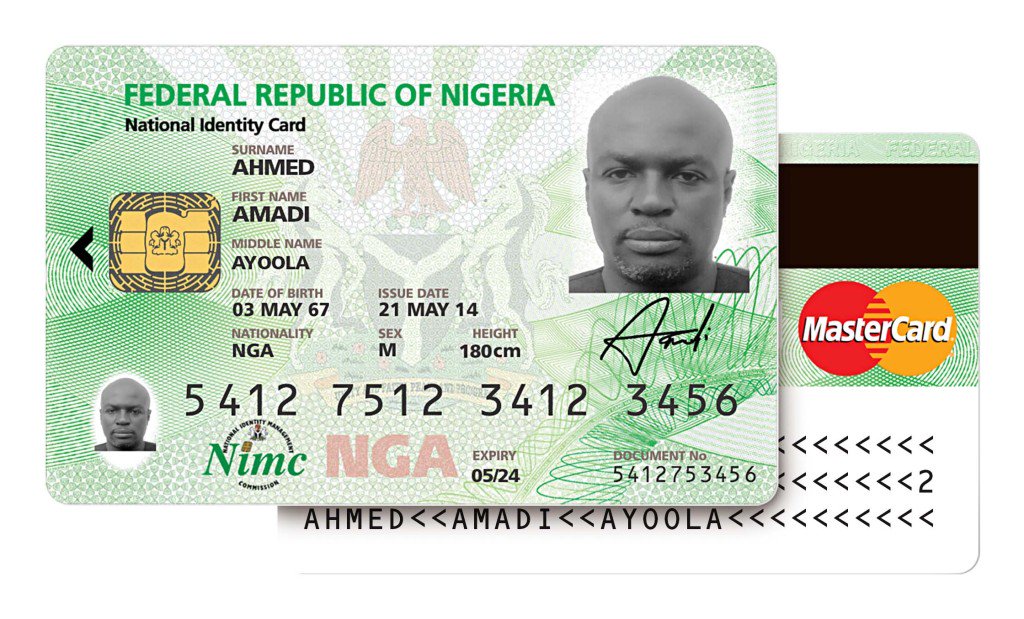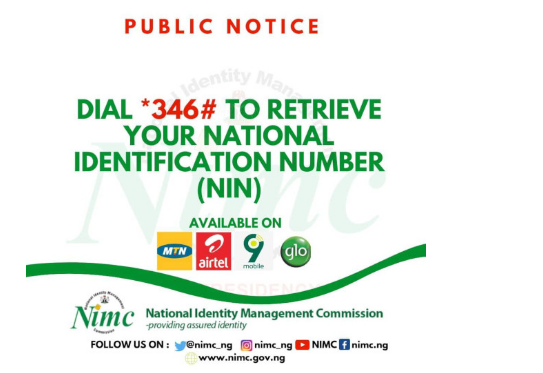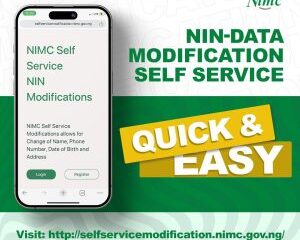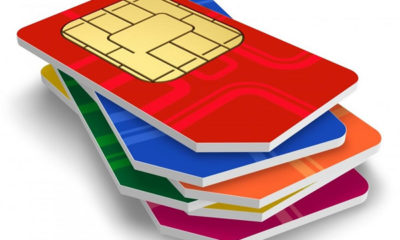In a bid to secure a $750 million loan from the World Bank, Nigeria is considering the reintroduction of previously suspended telecom taxes and other fiscal measures.
This potential move comes as part of the Stakeholder Engagement Plan for Nigeria – Accelerating Resource Mobilisation Reforms program between the country and the World Bank.
The program, aimed at strengthening the government’s financial position by enhancing its capacity to manage and mobilize domestic resources effectively, outlines plans to improve tax and customs compliance and safeguard oil revenues.
Among the proposed measures are the reintroduction of excises on telecom services and the EMT levy on electronic money transfers through the Nigerian Banking System.
President Bola Tinubu had previously ordered the suspension of the five percent excise duty on telecommunications and the Import Tax Adjustment levy on certain vehicles in July 2023.
However, negotiations between the government and the World Bank suggest that this suspension may be lifted to meet the targets of the new loan program.
The World Bank’s contribution of $750 million constitutes a significant portion of the program’s budget, with the government expected to contribute $1.17 billion through annual budgetary allocations.
The proposed tax reforms under the ARMOR program are expected to have far-reaching implications across various economic sectors.
Stakeholders that would be affected by these measures include telecom and banking service providers, manufacturers of goods such as alcoholic beverages, tobacco products, and sugar-sweetened beverages, as well as the general tax-paying public, importers, and international traders.
Key industry groups, such as the Association of Licensed Telecom Operators of Nigeria, are being engaged regarding the excise duties on telecom services.
The planned reintroduction of these taxes is part of a larger governmental initiative aimed at reforming tax and excise regimes, enhancing the administrative capabilities of tax and customs, and ensuring transparency in oil and gas revenue management from 2024 to 2028.
The program also emphasizes the importance of engaging vulnerable groups to mitigate any disproportionate impact of these changes.
Additionally, the program outlines specific allocations for technical assistance, including investments in better data sharing systems, risk-based audits, compliance processes, and capacity building for institutions such as the Federal Inland Revenue Service and the Nigeria Customs Service.
While the reintroduction of telecom taxes and other levies may face resistance from some stakeholders, the government sees them as essential steps toward achieving its fiscal targets and unlocking much-needed financing for development projects.
As negotiations with the World Bank continue, Nigeria must balance its revenue needs with the potential impact on businesses and consumers.


 Naira4 weeks ago
Naira4 weeks ago
 Naira3 weeks ago
Naira3 weeks ago


 Naira4 weeks ago
Naira4 weeks ago




 Naira3 weeks ago
Naira3 weeks ago
 Commodities4 weeks ago
Commodities4 weeks ago


 Sport Business4 weeks ago
Sport Business4 weeks ago


 News3 weeks ago
News3 weeks ago


 Banking Sector4 weeks ago
Banking Sector4 weeks ago
























